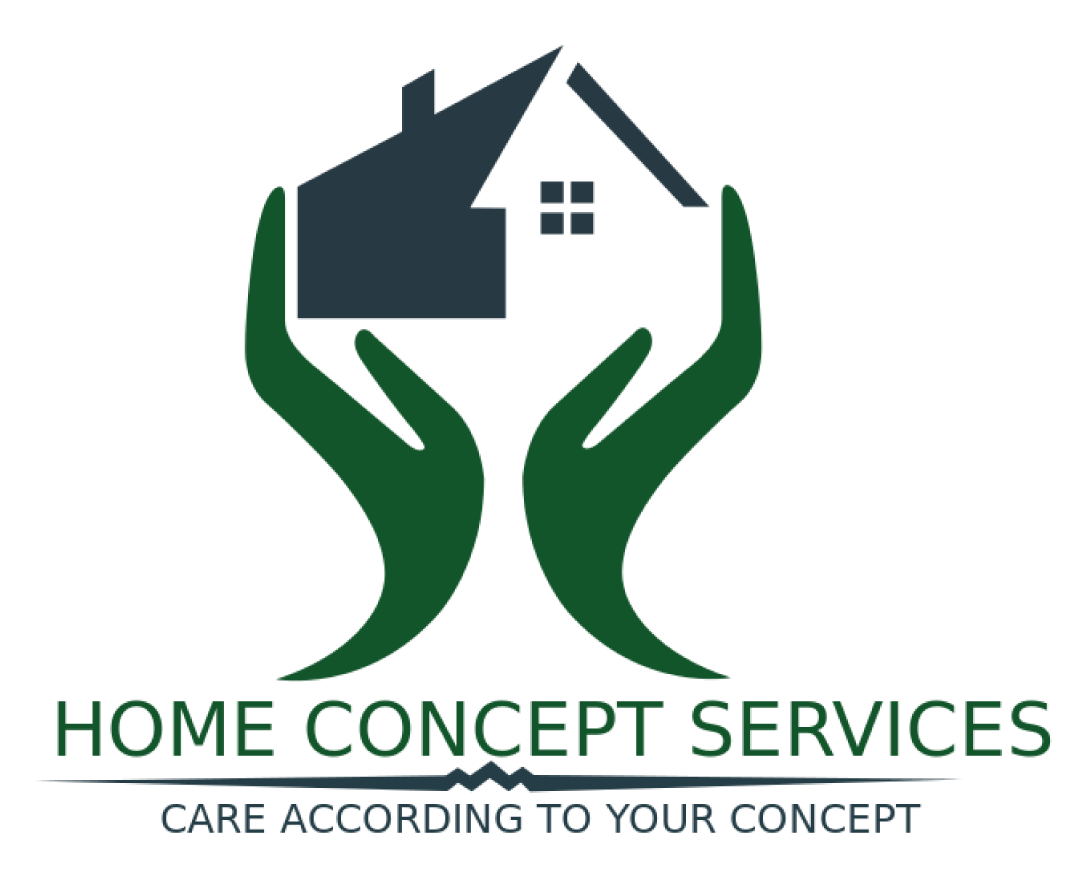How Do You Know if an Elderly Person Needs a Nursing Home?
Introduction
At Home Concept Services, we understand the significance of recognizing when an elderly individual may require the level of care provided by a nursing home. As a company dedicated to offering elder care services and home health care in Pennsylvania, we prioritize the well-being and safety of our clients above all else. Identifying the signs that indicate a need for nursing home care is crucial for ensuring that seniors receive the appropriate support and assistance tailored to their unique needs.
Check out our service about Trusted Senior Care Services in Pennsylvania
Key Takeaways
- Decline in mobility
- Chronic health conditions requiring regular medical attention
- Difficulty managing daily activities independently
- Memory loss or cognitive decline impacting safety
- Feelings of loneliness or isolation
- Changes in mood or behavior
- Signs that family caregivers may be overwhelmed
- Challenges in balancing caregiving responsibilities with other commitments
Signs and Indicators
Physical Health

1. Decline in Mobility:
One of the primary indicators that an elderly person may need nursing home care is a significant decline in mobility. This could manifest as difficulty walking, getting in and out of bed, or performing daily tasks such as bathing and dressing.
2. Chronic Health Conditions:
Seniors with chronic health conditions that require regular medical attention may benefit from the round-the-clock care provided in a nursing home setting. Conditions such as diabetes, heart disease, or respiratory illnesses may necessitate constant monitoring and assistance.
3. Difficulty Managing Daily Activities:
Inability to independently manage daily activities such as cooking, cleaning, or managing medications could signal that a nursing home may be the most appropriate option for ensuring the individual’s safety and well-being.
Mental and Emotional Well-being

1. Memory Loss or Cognitive Decline:
Progressive memory loss or cognitive decline, such as Alzheimer’s or dementia, can pose significant safety risks for seniors. Nursing homes equipped with specialized memory care units can provide the level of supervision and support necessary to ensure their safety.
2. Feelings of Loneliness or Isolation:
Seniors who express feelings of loneliness or isolation may benefit from the social interaction and community provided by a nursing home environment. Engaging in activities and forming connections with peers can improve their overall quality of life.
3. Changes in Mood or Behavior:
Unexplained changes in mood or behavior, such as increased agitation, confusion, or aggression, may indicate underlying issues that require professional care and intervention. Nursing homes staffed with trained professionals can address behavioral changes effectively.
Caregiver Burnout
1. Signs of Caregiver Overwhelm:
Family caregivers may exhibit signs of burnout, such as fatigue, irritability, or neglecting their own health and well-being. Recognizing when caregivers are struggling is essential for ensuring that both the elderly individual and the caregiver receive the support they need.
2. Challenges in Balancing Responsibilities:
Juggling caregiving responsibilities with work, family, and other commitments can take a toll on family caregivers. Nursing home care can provide respite for caregivers, allowing them to recharge and focus on their own needs.
Read more about Heartfelt Home Care in the City of Brotherly Love
Evaluation and Decision-Making Process
Importance of Consulting Healthcare Professionals
1. Discussing Care Options:
Consulting with healthcare professionals, including doctors, specialists, and social workers, is crucial for evaluating the elder’s care needs comprehensively. These professionals can provide valuable insights and recommendations based on the individual’s medical history and current condition.
2. Seeking Input from Geriatric Care Managers:
Geriatric care managers specialize in assessing and coordinating care for elderly individuals. Their expertise can be invaluable in navigating the complex healthcare system and identifying the most suitable care options.
Assessing the Elder's Needs and Preferences
1. Considering Medical, Social, and Emotional Needs:
When evaluating nursing home options, it’s essential to consider the elder’s medical, social, and emotional needs. Factors such as the level of medical supervision required, proximity to family and friends, and personal preferences should all be taken into account.
2. Exploring Alternative Care Options:
While nursing home care may be appropriate for some seniors, it’s not the only option available. In-home care services or assisted living facilities may better align with the elder’s preferences and goals for care.
Family Discussions and Support
1. Open Communication:
Engaging in open and honest discussions as a family is crucial for making informed decisions about nursing home care. Each family member’s input should be valued, and concerns addressed compassionately.
2. Addressing Concerns and Fears:
It’s natural for family members to have concerns and fears about placing their loved one in a nursing home. Providing reassurance and education about the level of care and support available can help alleviate these concerns and facilitate the decision-making process.
Conclusion
Recognizing when an elderly person may need nursing home care requires careful consideration of their physical, mental, and emotional well-being, as well as the support needs of their caregivers. At Home Concept Services, we are committed to assisting families in navigating the complexities of elder care and providing compassionate support every step of the way. If you have any questions or concerns about nursing home care or other elder care services, please don’t hesitate to reach out to us. We’re here to help.

